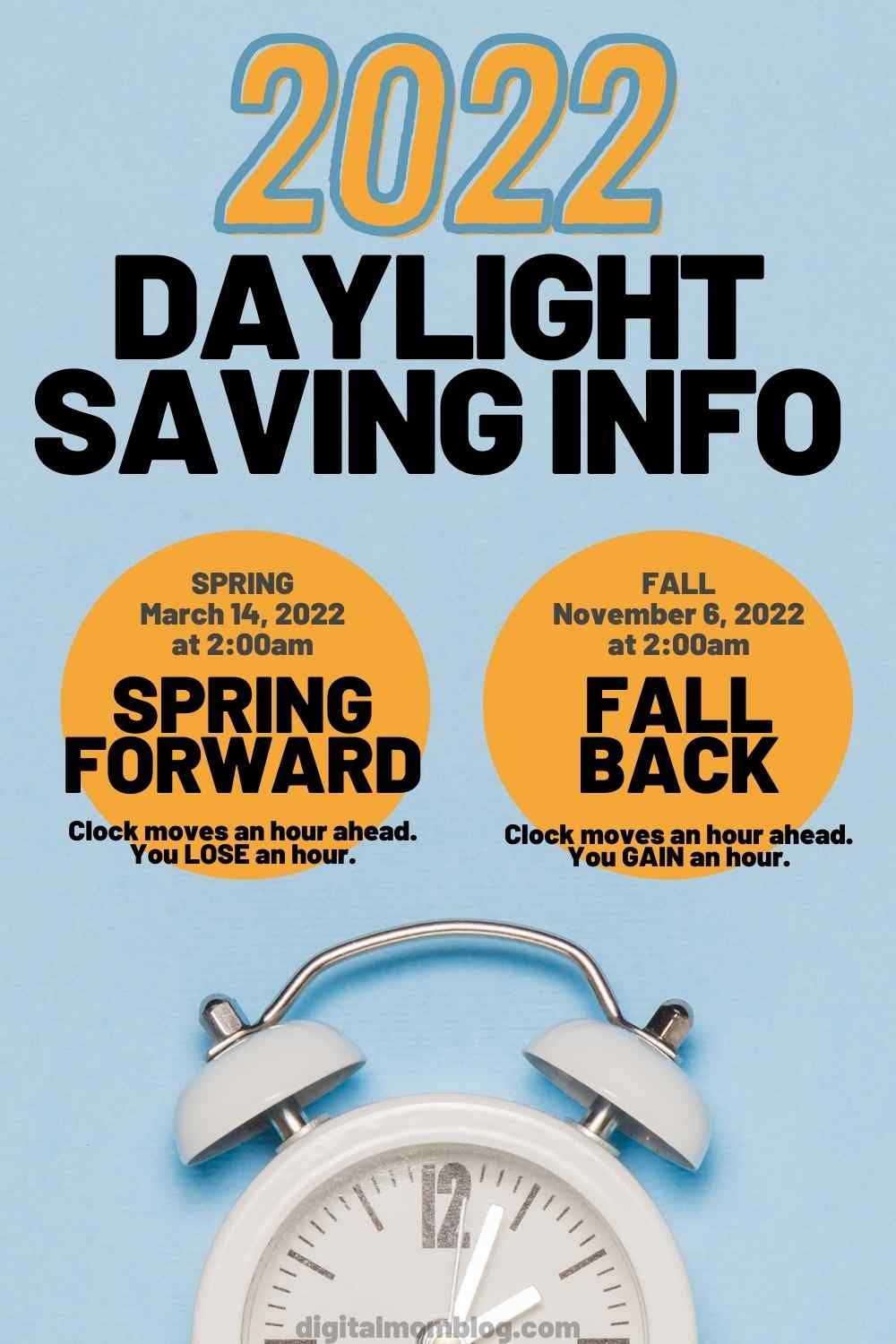Daylight Savings: Is it Necessary?
“Spring forward in the spring, fall back in the fall” Sound familiar at all? This little saying spawns from Daylight Savings, that thing that messes with our clocks and sleep in March and November.
By dictionary definition, Daylight Savings Time is: time as adjusted to achieve longer evening daylight in summer by setting the clocks an hour ahead of the standard time. This is done to equate for the fact that in the Northern Hemisphere, days begin to lengthen during the spring and summer months then later wain in the fall and winter months.
Almost everybody has their own views on the idea, some more than others. Some don’t think much on the subject.
“It really doesn’t make much of a difference to me, “ said Glenn Carpenter, “I do, however, understand the arguments for and against it.”
Then, there are some who have less than a few thoughts on it.
“Daylight Savings is when humans try to accommodate for the earth doing its natural thing instead of trying to adjust for our natural rhythms.” said Nancy Simoni who teaches AP Environmental Science here at Riley.
“Adjusting the clocks throughout the year messes with our natural circadian rhythms. What we should do is adjust to the natural movement of sunlight.” continued Simoni.
“Daylight saving time and the way we set our clocks are also partially based on how we run our work lives; economics has a part to play in it.” Simoni explained.
During DST, people are more likely to go shopping after work due to the extra daylight, which increases retail sales, and to some extent, gas sales. This therefore means that DST adds to our economic well being.
With the extra daylight being provided by daylight savings, it also gives kids more of an opportunity to play outside and explore while overall promoting more people to move outside during the evening hours. DST also gives some positives to most people, however some don’t get them.
Some states, such as Arizona, don’t follow daylight savings. Fun fact: For a time, a portion of Indiana followed DST and the other parts of the state didn’t.
Overall, daylight savings time has benefits and drawbacks. Personally, I think DST is a good idea that could be innovated to better work with our natural circadian rhythms in conjunction with providing the most amount of daylight and economic benefit.

